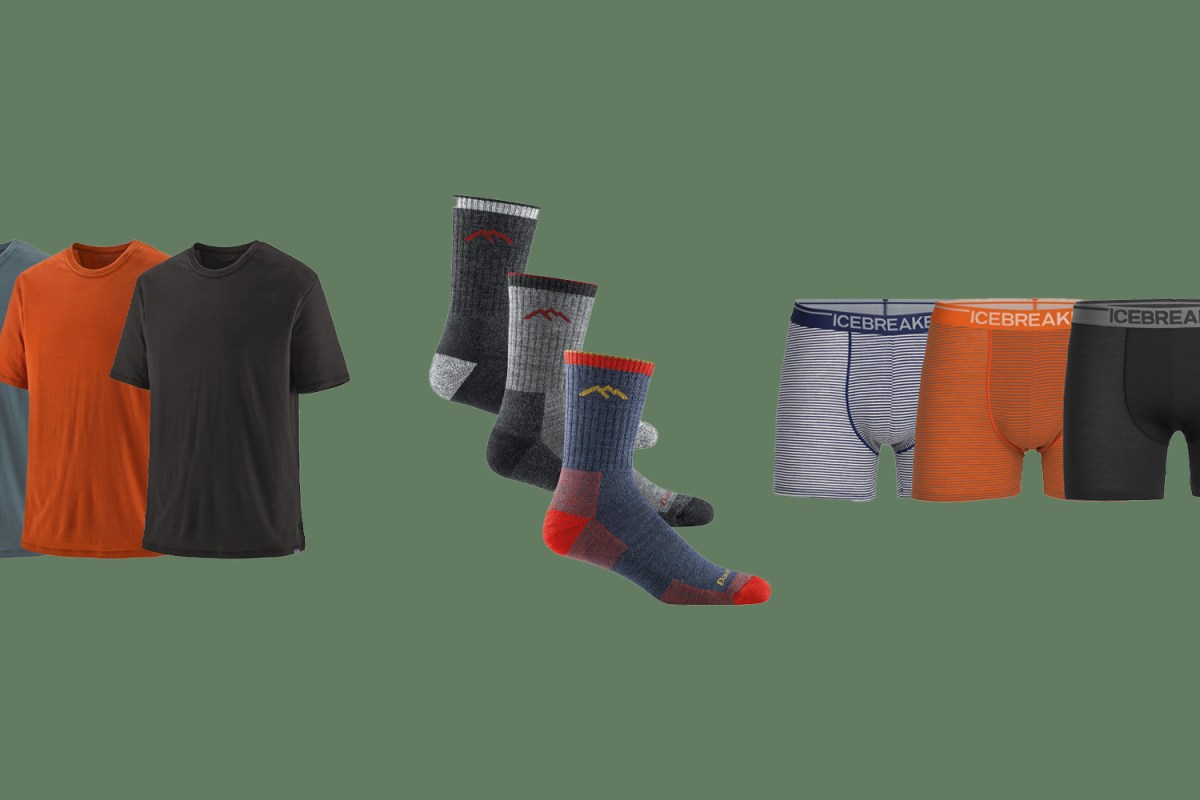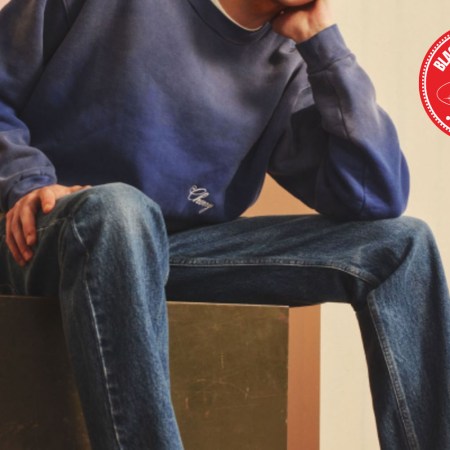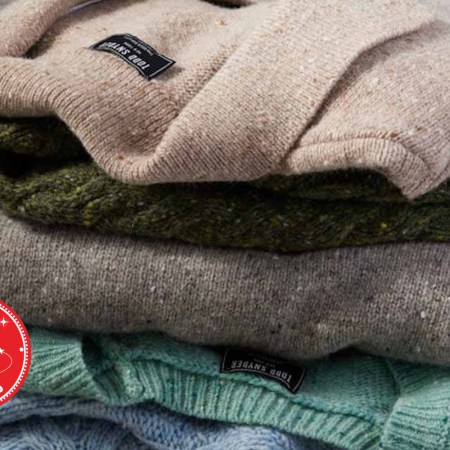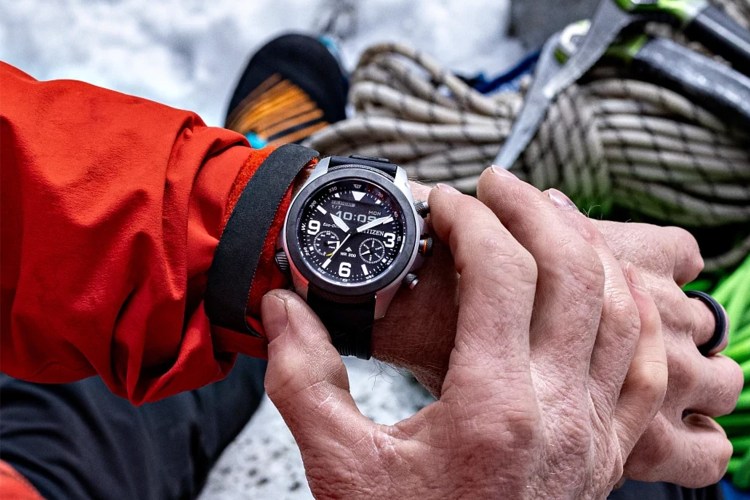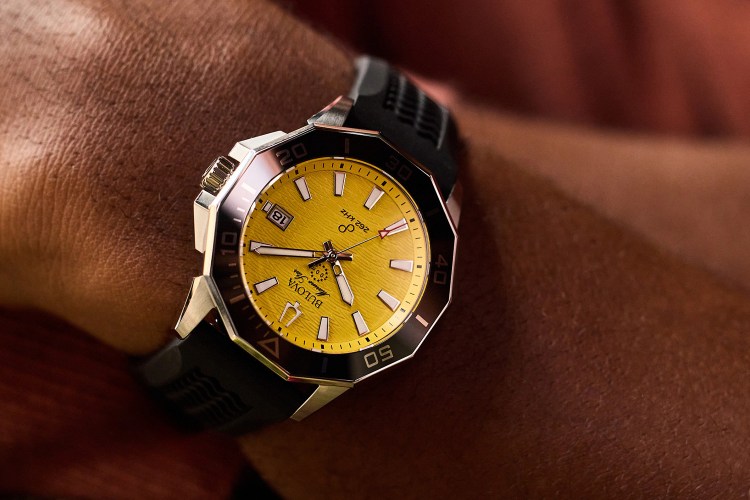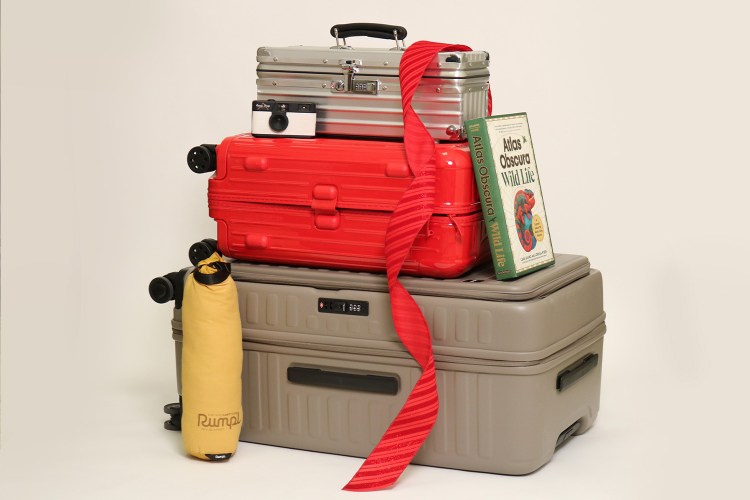Nota bene: All products in this article are independently selected and vetted by InsideHook editors. If you buy something, we may earn an affiliate commission.
After years of wearing antiquated hand-me-downs and sweaters knitted with love from grandma, we’ve come to associate wool fabric with irritating properties. It’s prickly, lumpy, uncomfortably hot, and the general idea of wearing anything woolen sounds unappealing when you compare it to popular alternatives such as fleece.
At least, that’s the narrative we’ve embraced over time — and it’s simply not true. Even as we adopt any number of synthetic fibers that promise breathability, durability and value, the use of wool in outerwear is on the rise thanks to brands like Ibex, Smartwool and Icebreaker. Yet even though we’ve come to embrace the material’s inherent winter context, wool remains a versatile, capable fabric year-round.
Before you dig up your cold-weather wardrobe and replace old garments with newer, synthetic alternatives, let’s clear up some of the most common wool misconceptions. We’re not recommending you convert your entire wardrobe, but we do think it’s time to rethink how adaptable wool can be, whether you’re outlasting frigid elements or enjoying a summer run. To do that, we’ve outlined some commonly held beliefs about the fabric, and where people have been steered wrong.
Misconception: Wool Is Itchy
While it’s true that some varieties of wool are itchy, the most common variety found in outerwear, Merino wool, is not. Itchy wool is a result of shorter, wider fibers that are more rigid and therefore more likely to bother your skin. Merino wool, on the other hand, is composed of longer, thinner fibers that are flexible and soft. Popular outerwear goods are commonly made with Merino that’s humanely acquired from Merino sheep, so unless you’re buying woolen goods from a small farm, odds are it’s the Merino variety.
Misconception: Wool Is Delicate
We have a tendency to treat wool as if it’s fragile and bound to fall apart at a moment’s notice. In reality, research suggests wool fibers can bend over 20,000 times before they break. Cotton, on the other hand, can bend only 3,000 times. Unlike cheaper fibers, wool maintains a coiled spring-like structure, so it won’t crease or wrinkle when you pack a wool tee in your gym bag. That said, we recommend washing Merino wool on delicate settings in the washer and letting it air dry to boost its lifespan.
Misconception: Wool Is Expensive
It’s true that a pair of wool socks will cost more than a cheap pair of synthetic socks from the department store, but procuring wool is a laborsome operation. The process of harvesting wool requires partnerships between herders, harvesters, shippers and countless others along the supply chain to bring it to your door. All that effort might add up, but it also speaks to the quality of the final product. You get what you pay for.
Misconception: Wool Is Heavy
There’s a reason some of our favorite running attire is made with wool. Even though we’ve come to associate it with heavy, unbearable sweaters, wool is actually lightweight and well-suited for summer activities. It’s also breathable and antimicrobial, making it extremely comfortable whether you’re going for a walk or toeing the line before a big race.
Misconception: Wool Is Old-Fashioned
Sure, we’ve used wool as a textile for centuries now, but modern methods of harvesting and production have actually strengthened the material over time. USDA data suggests wool production has declined in the United States over the last 20 years due in part to the widespread adoption of synthetic fibers, but it remains widely used by some of the biggest outdoor brands. And as we look for ways to reduce our impact on the planet, wool has seen a resurgence thanks to its status as a natural, eco-friendly fiber.
Misconception: You Can Only Wear Wool in Winter
Wool is a talented insulator because it traps heat and wicks moisture, but that doesn’t mean it only serves you through shoulder season. In reality, you can find a vast collection of wool gear, from Ibex’s 24 Hour Short Sleeve Crew Shirt to Smartwool’s Run Zero Socks, that dominates in warm weather by delivering superior breathability.
Wool Gear We Recommend
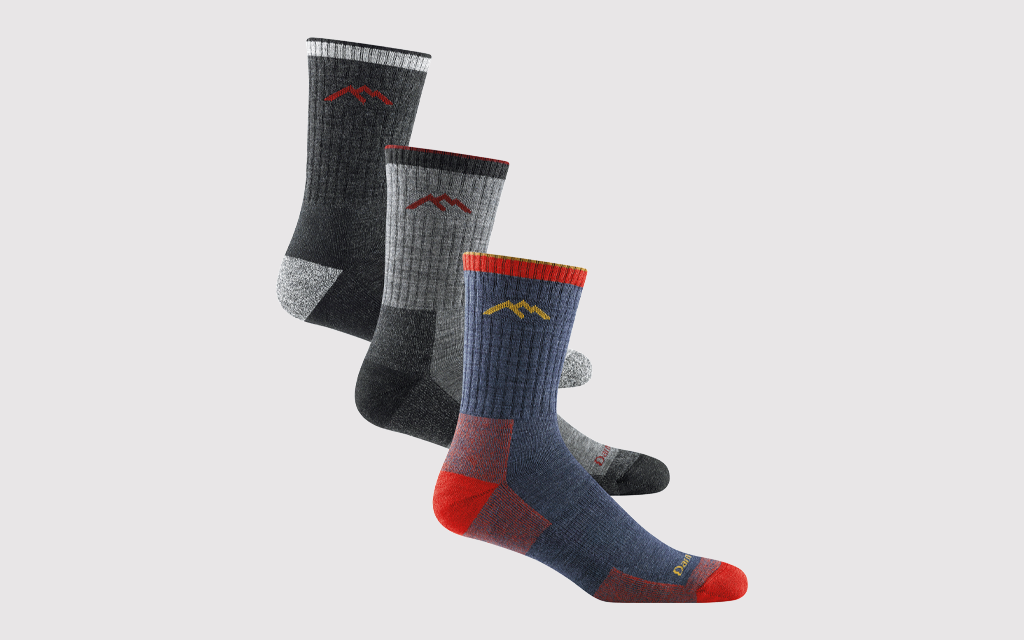
Darn Tough Hiker Micro Crew Sock
Hit the trail (or the town) in Darn Tough’s best-selling crew sock. Already crowned one of our favorite all-purpose socks, it’s made with a blend of wool, nylon and lycra to improve stretch and comfort. And because it’s designated as a midweight sock, you’ll benefit from added cushioning and warmth.
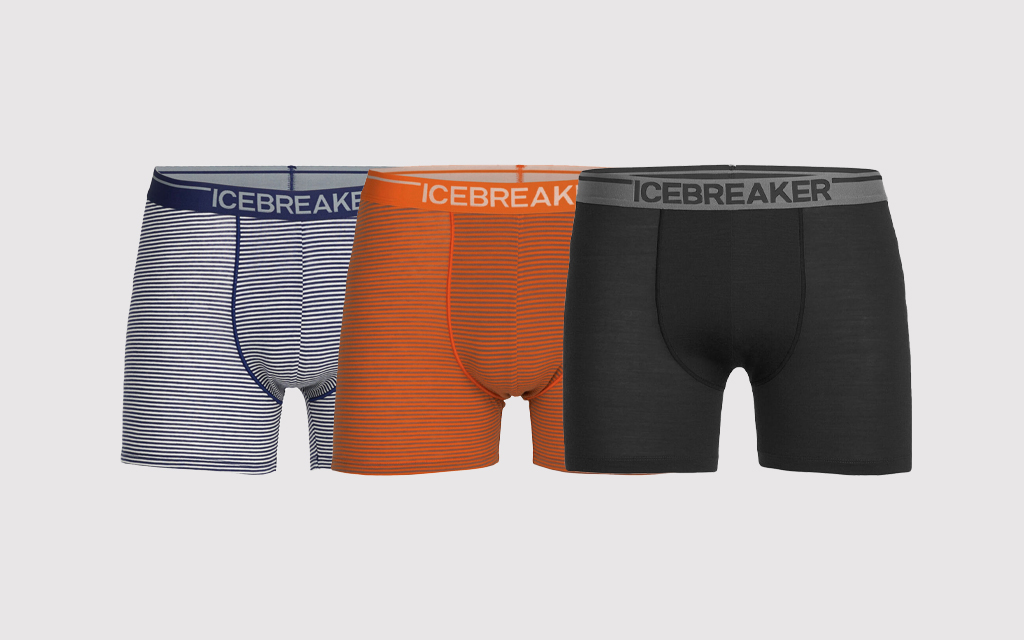
Icebreaker Anatomica Boxers
Wool’s superior breathability and wicking properties shine through in this versatile boxer from Icebreaker. The blend of Merino wool and nylon help to regulate body temperature through all seasons, thus eliminating moisture in places it doesn’t belong. Not only that but wool’s antimicrobial properties reduce unwanted funk, keeping your drawers fresh through extended wear.
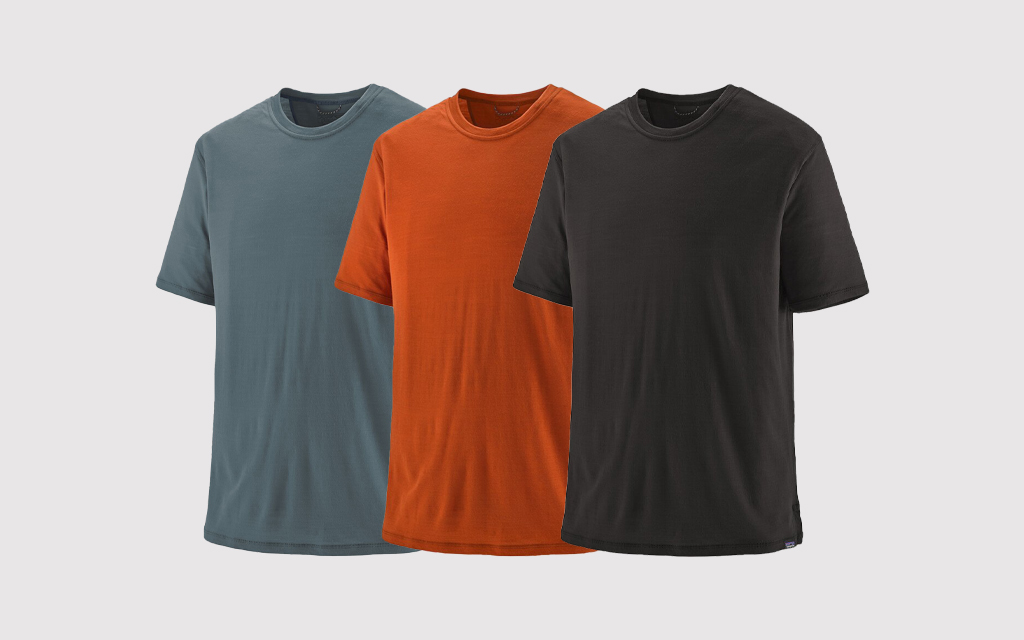
Patagonia Capilene Cool Merino Shirt
Patagonia’s technical Merino top delivers next-to-skin comfort through a range of activities. As is the case with most of Patagonia’s products, this shirt is made with a blend of recycled and sustainably sourced materials, so you can feel just as good wearing it as you do when you realize it won’t contribute to the demise of the planet.
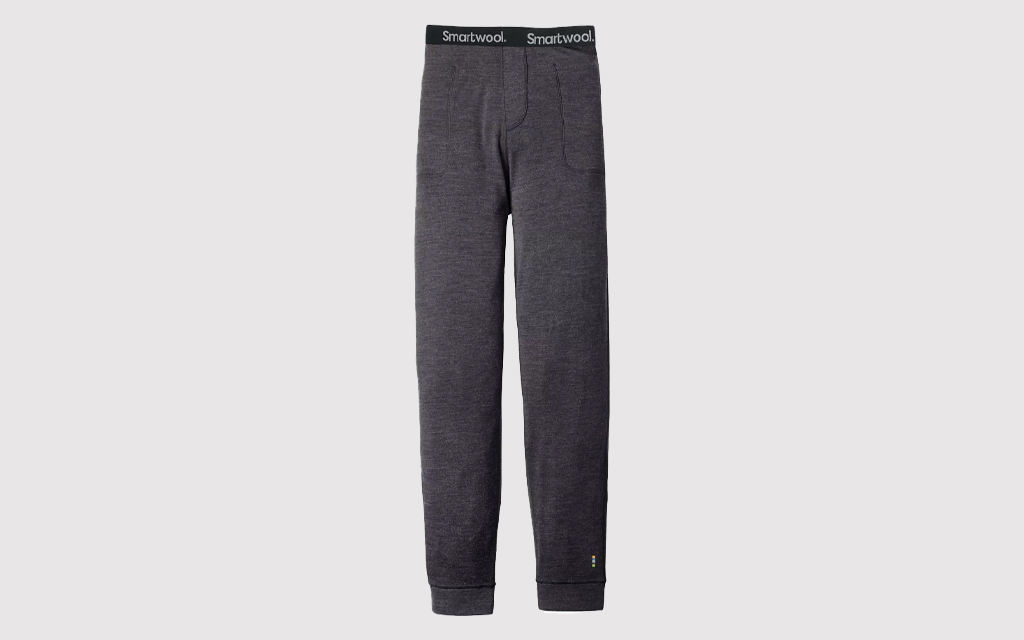
Smartwool Merino 250 Jogger Bottom
We’ll use any excuse we can think of to wear Smartwool’s Merino 250 Joggers as the weather turns cold. Unlike outerwear that blends Merino wool with synthetics, these bottoms are made from 100 percent Merino wool fabric and features an extra-wide elastic waistband that’s designed to stay securely in place.
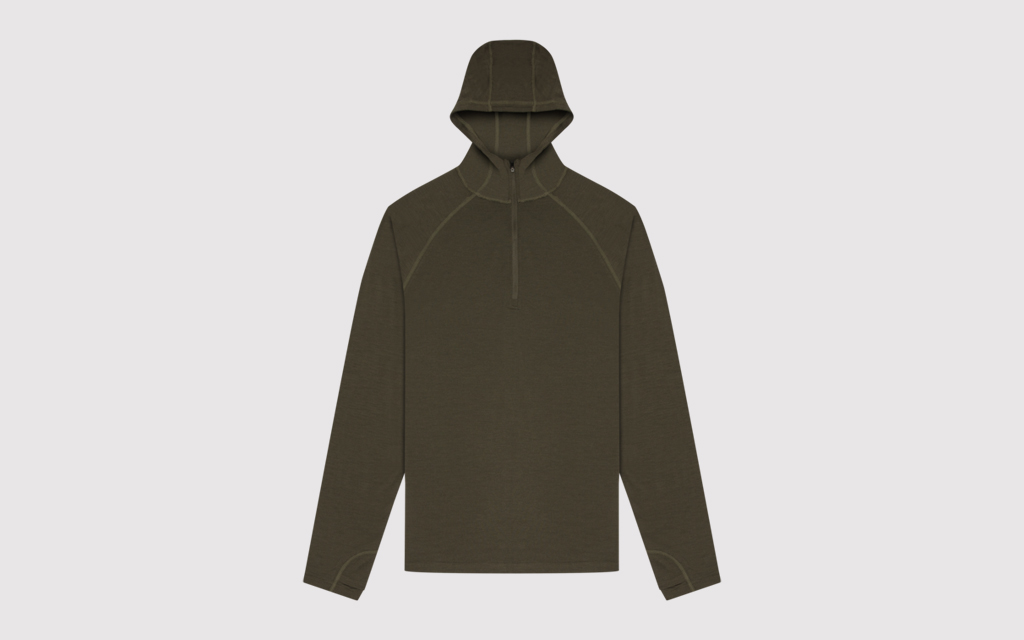
Ibex Indie Hoodie
Pair those joggers with Ibex’s versatile Indie Hoodie to deck yourself out in Merino. This quarter-zip pullover is wrinkle-resistant and static-proof, so you can throw it in your pack and forget it’s there until you need it most. Clever details include a scuba hood that fits under a helmet, thumbholes and flatlock stitching to eliminate chafing.
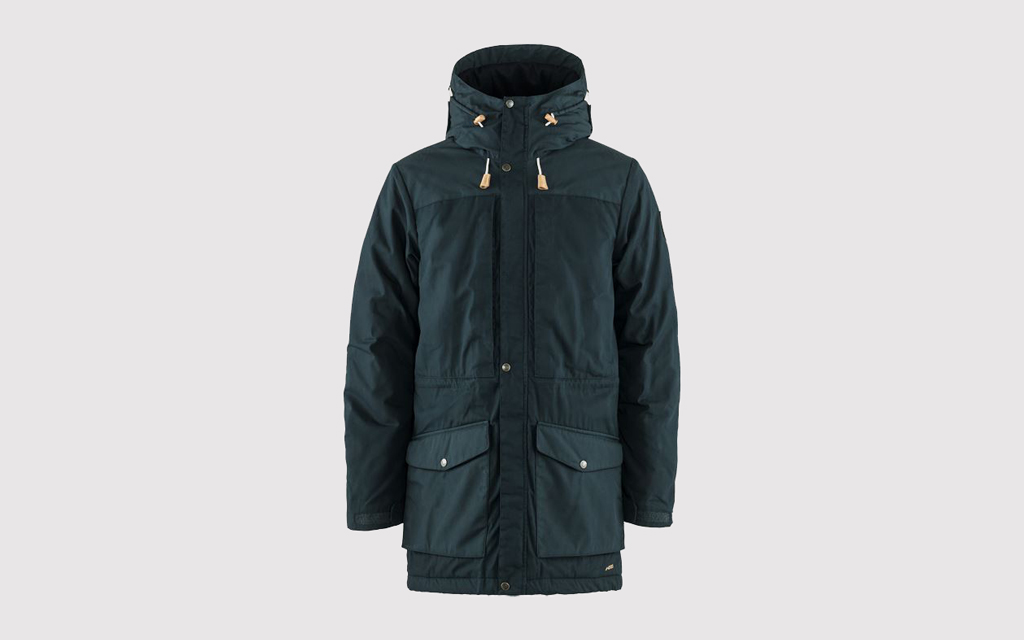
Fjällräven Singi Wool Padded Parka
You may not be able to pronounce its name, but Fjällräven builds some of our favorite outerwear that not only looks good but performs when we need it most. Take, for instance, the Singi Wool Padded Parka that’s made with Fjällräven’s iconic G-1000 Lite Eco fabric and sustainable Swedish wool padding. Designed to combat the cold, its weather-resistant exterior pairs with a wool flannel interior that offers an unrivaled combination of durability and comfort.
We've put in the work researching, reviewing and rounding up all the shirts, jackets, shoes and accessories you'll need this season, whether it's for yourself or for gifting purposes. Sign up here for weekly style inspo direct to your inbox.
